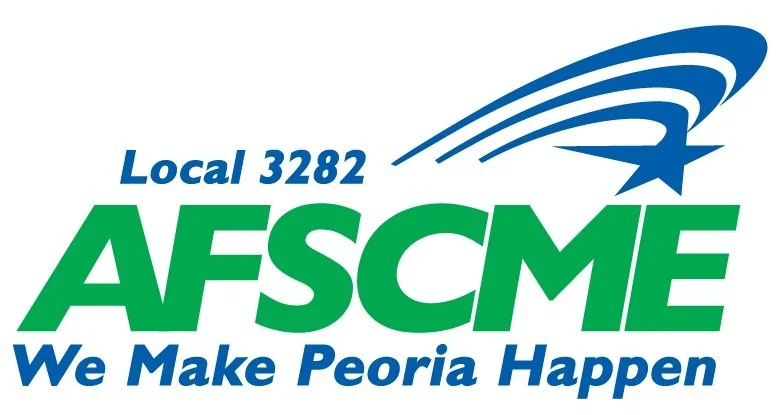Sex isn’t the only thing that will get New York City’s liberals hot and bothered.
Chris Doelib is an independent bookseller who owns a bookstore in the Morningside Heights neighborhood next to Columbia University. As the New York Times detailed in Sunday’s paper, Doelib self-identifies as “an extremely progressive liberal,” who “hung photographs of Gandhi and Martin Luther King Jr. above the cash registers … threw open his doors to local authors, provided a home for the Queer Book Club and created a weekly story time program for children (in English, Spanish and Mandarin).” Thus to many in the neighborhood, “he is a lanky warrior for the written word, celebrated for creating and sustaining an intellectual haven in the neighborhood for nearly two decades.”
Or he was, rather, until Doelib resisted attempts to unionize his store by firing several employees involved in the effort (saying they were management employees who illicitly voted in the union election).
Within a week, the Times reports,
…[m]ost of Mr. Doeblin’s remaining employees went on strike, picketing his two stores with the help of the union and its giant inflatable rats, and urging neighborhood residents to join in a boycott. The news spread on Twitter, in the local news media and on community email lists. Sales plunged.
The union in question, the Retail, Wholesale, and Department Store Union, brought giant inflatable rats to their picket lines as they rallied a neighborhood against an independent community book store that had supported so many of its cherished causes over the years. The Times story then contrasts an expected lengthy, drawn-out battle between management and labor with what was in actuality a clean and speedy resolution.
As it tells the story, “something happened as Mr. Doeblin watched his staff protest, as he was peppered with questions while walking to work and as he fielded hundreds of emails and phone calls at his stores.” It wasn’t that he feared for the solvency of his business, or was frightened at the scale of opposition pouring out of the community he had served for so many years. Instead, Doeblin ”started to wonder where he had gone wrong.” After some perfunctory self-examination, he “agreed to rehire the four fired supervisors, provided that they agreed to give up their titles and return to hourly status for now. He gave a severance package to the fifth person he had let go and has agreed to recognize the union.” All this within a day of the giant inflatable rats being deployed outside his store.
As James Poulos articulated in his “Conservative Case for Unions,” ”unions wind up being the only way industrial workers can bargain effectively with the massive corporations that employ them. Unions exist because, without them, the path is opened wide to crony collaboration between big government and big business.” Given the enormous scales at which billion-dollar companies and trillion-dollar governments operate, unions can serve a vital organizing role in connecting wage-labor workers at similarly large scales.
An independent community bookstore staffed largely by Columbia University students, however, is the furthest thing imaginable from the circumstances that legitimate union activity. Here, the hand of organized labor was brought in to signal noncompliance with one of the tenets of contemporary liberal norms, so that the offender might be brought back around. And so he was.

